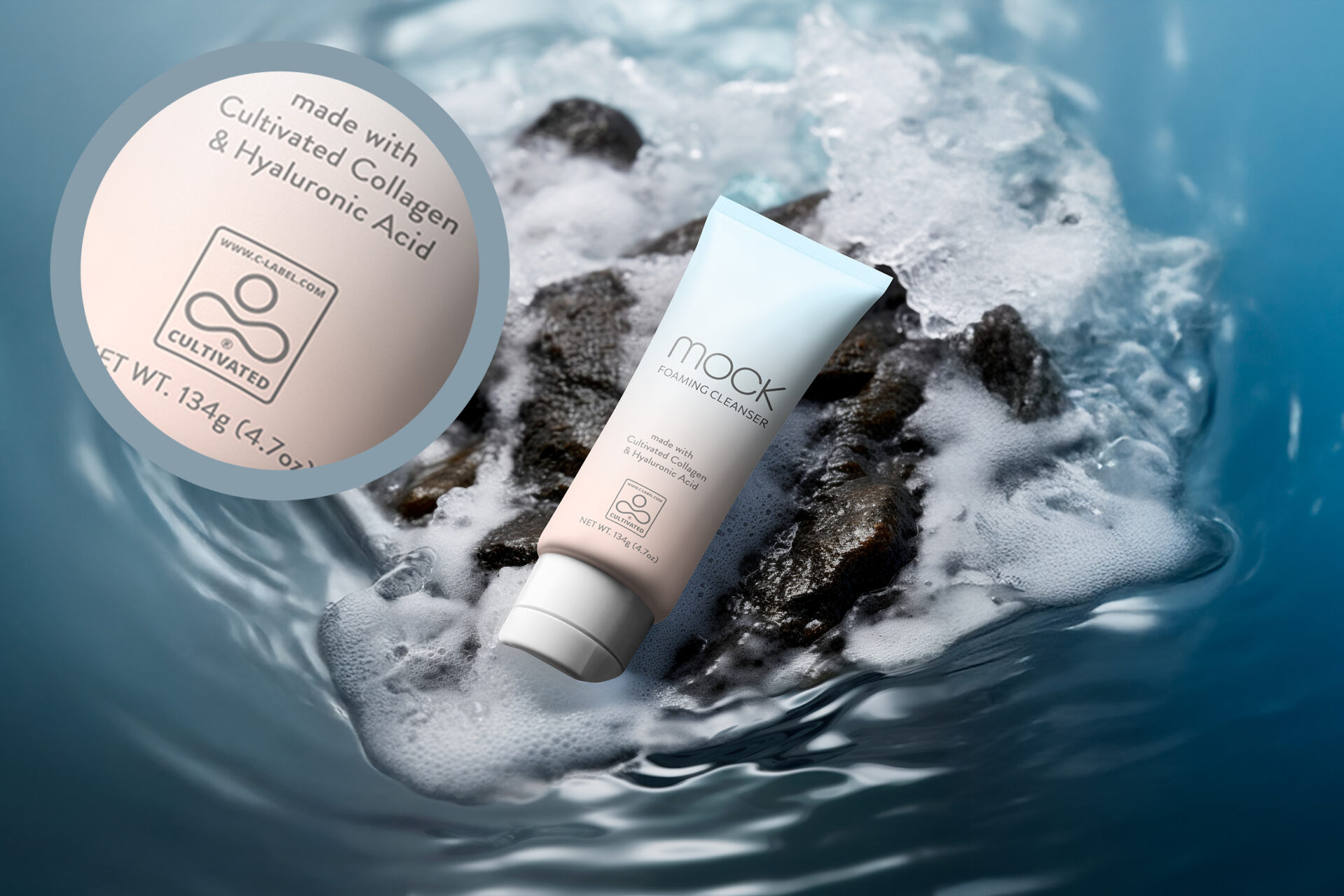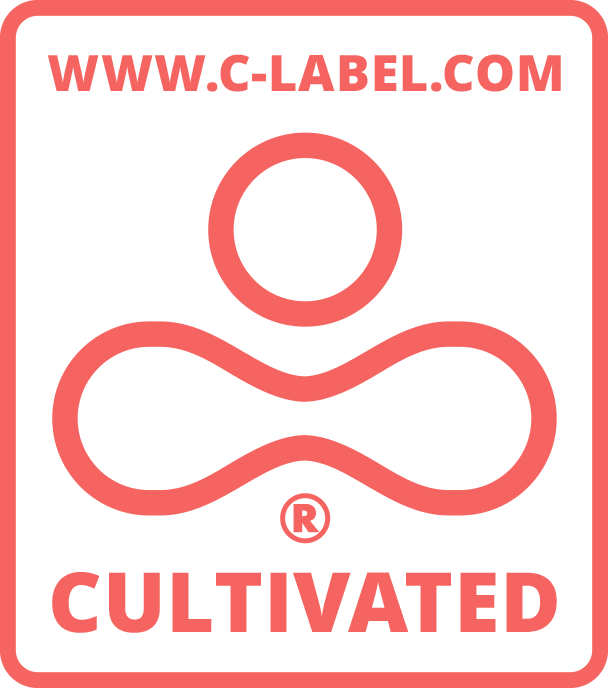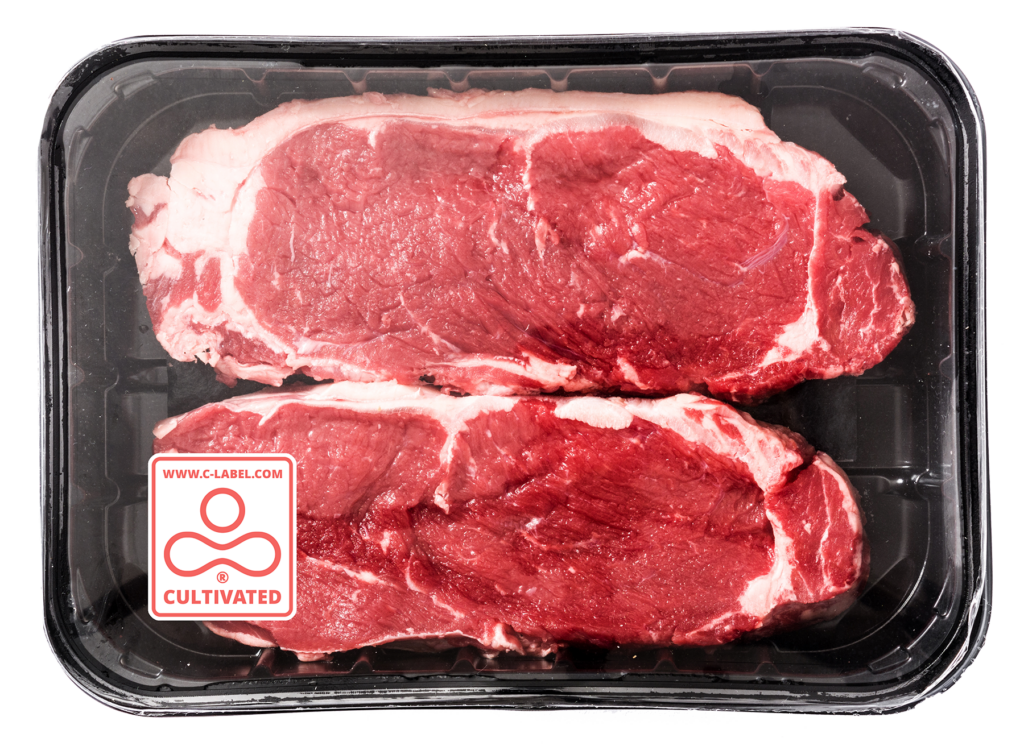Cultivated Meat & Seafood
Cultivated meat, also known as cell-based meat or cultured meat, is an emerging technology which uses cellular agriculture to grow meat directly from cells. Cultivated meat offers a huge potential to eliminate widespread animal suffering and greatly lower the negative impact of farming livestock on our environment.
Cultivated meat represents a groundbreaking advancement in sustainable food technology, with the potential to revolutionize our food systems. However, bringing these products to market involves rigorous regulatory oversight to ensure safety and quality. Cultivated meat must meet stringent standards, including comprehensive reviews by food safety authorities and is still not approved for sale in many regions around the world. Additionally, scaling up production remains a complex challenge, requiring ongoing innovation and investment. While the journey toward widespread availability is still unfolding, this is a hopeful step forward, and we are committed to transparency and quality as we navigate this transformative process. In the months and years ahead, achieving political support still remains one of the greatest challenges.
The world saw its first cultivated burger back in 2013, but the technology itself predates this greatly. Since then many technological developments have been made and now even the bite and structure of traditionally harder-to-imitate pieces of meat no longer lies out of reach. The first cultivated steak was presented in February 2022 and now 170+ companies are working their magic in bringing cell-based meat, dairy and seafood to our tables. With a rapidly growing market and a “food choice” that will still need some getting used to, these innovators are going to need support landing their products in the hands of consumers.
Are you one of the pioneers?
Cultivated Meat & Seafood
Cultivated meat, also known as cell-based meat or cultured meat, is an emerging technology which uses cellular agriculture to grow meat directly from cells. Cultivated meat offers a huge potential to eliminate widespread animal suffering and greatly lower the negative impact of farming livestock on our environment.

Cultivated meat represents a groundbreaking advancement in sustainable food technology, with the potential to revolutionize our food systems. However, bringing these products to market involves rigorous regulatory oversight to ensure safety and quality. Cultivated meat must meet stringent standards, including comprehensive reviews by food safety authorities and is still not approved for sale in many regions around the world. Additionally, scaling up production remains a complex challenge, requiring ongoing innovation and investment. While the journey toward widespread availability is still unfolding, this is a hopeful step forward, and we are committed to transparency and quality as we navigate this transformative process. In the months and years ahead, achieving political support still remains one of the greatest challenges.

The world saw its first cultivated burger back in 2013, but the technology itself predates this greatly. Since then many technological developments have been made and now even the bite and structure of traditionally harder-to-imitate pieces of meat no longer lies out of reach. The first cultivated steak was presented in February 2022 and now 170+ companies are working their magic in bringing cell-based meat, dairy and seafood to our tables. With a rapidly growing market and a “food choice” that will still need some getting used to, these innovators are going to need support landing their products in the hands of consumers.
Are you one of the pioneers?
Cultivated Meat & Seafood
Cultivated meat, also known as cell-based meat or cultured meat, is an emerging technology which uses cellular agriculture to grow meat directly from cells. Cultivated meat offers a huge potential to eliminate widespread animal suffering and greatly lower the negative impact of farming livestock on our environment.
Cultivated meat represents a groundbreaking advancement in sustainable food technology, with the potential to revolutionize our food systems. However, bringing these products to market involves rigorous regulatory oversight to ensure safety and quality. Cultivated meat must meet stringent standards, including comprehensive reviews by food safety authorities and is still not approved for sale in many regions around the world. Additionally, scaling up production remains a complex challenge, requiring ongoing innovation and investment. While the journey toward widespread availability is still unfolding, this is a hopeful step forward, and we are committed to transparency and quality as we navigate this transformative process. In the months and years ahead, achieving political support still remains one of the greatest challenges.

The world saw its first cultivated burger back in 2013, but the technology itself predates this greatly. Since then many technological developments have been made and now even the bite and structure of traditionally harder-to-imitate pieces of meat no longer lies out of reach. The first cultivated steak was presented in February 2022 and now 170+ companies are working their magic in bringing cell-based meat, dairy and seafood to our tables. With a rapidly growing market and a “food choice” that will still need some getting used to, these innovators are going to need support landing their products in the hands of consumers.
Are you one of the pioneers?

Beyond the Plate: Cultivated Solutions for Everyday Goods
C-Label recognizes and certifies breakthroughs beyond just our food systems, such as cultivated leather or skincare. Many industries (cosmetics, fashion, etc.) still rely heavily on animal-derived ingredients like collagen or keratin. Through cell cultivation, our dependence on traditional animal farming is reduced, aligning with a more sustainable and compassionate future.


C-Label
With the cultivated meat industry beginning to deliver on its promise to change the way we produce animal protein on this planet, C-Label becomes the first independent authority to license producers’ adherence to high standards of transparency, sustainability, and ethical practices around the globe.
C-Label is a globally registered trademark, which guides consumers and helps them identify and understand the production process that lies behind a cultivated meat product. It enhances trust and acceptance for this novel mode of food production. Through ongoing exchange with relevant stakeholders and industry experts, C-Label remains at the cutting edge of new development and represents a unified center of expertise surrounding cultivated meat. As such, a product labelled with the C-Label indicates that leading-edge technology has been used and that ethical standards have been met.

Criteria
To qualify for C-Label, your product must be/have:
Animal-free media
C-Label products do not require animal-based media in their production process.
Animal welfare
All interventions and procedures, in particular invasive ones, such as biopsies, must be demonstrably necessary, as well as being as painless and stress-free for the animals as possible. No animals are killed in and for the entire procurement and manufacturing process.
GMO-free
C-Label products do not contain GMOs, according to existing regulations (GMOs might be used in the process but are no longer contained in the end product).
Antibiotics-free
C-Label products do not require antibiotics in the production process and do not contain antibiotics.
Pathogen-free
The cultivated component of C-Label products comes from a production process that is free of pathogens (such as Salmonella, E. coli, etc.) and is therefore itself pathogen-free.
Heavy-metals and plastics-free
C-Label products contain virtually no heavy-metals or plastics.
Cell extraction
When cells are derived from a living animal, this must be done in as painless and stress-free a manner as possible for the animal. Cell extractions are limited to as few as possible and any extractions need to be well-founded.
Cell Use
C-Label promotes animal-free technologies wherever possible, avoiding the need for constant cell extraction. Currently, only immortalized cells are permitted, which require only minimal, if any, resampling.
#TheFutureIsHere
10 Reasons
why cultivated meat
is the future
- Animal slaughter and suffering is no longer necessary for production of meat
- Less land consumption
- Less water consumption
- No methane gas and nitrous oxide emissions
- Faster meat production than raising animals without compromising quality
- Antibiotic use etc. can be reduced to almost zero
- No disease germs (salmonella, E. coli bacteria, etc.)
- Composition of the meat can be controlled
- Only what is desired is produced (no "slaughter by-products")
- Sustainable pathway to feeding segments of population who are not plant-based


total companies were dedicated to producing cultivated meat and seafood by the end of 2023
all-time investment in cultivated meat and seafood companies
invested in 2023 in cultivated meat and seafood companies despite challenging funding environment
FAQs
You’ve got questions, we’ve got answers. For any other questions, please contact us via e-mail.
Cultivated meat, also known as cell-based meat or cultured meat, is an emerging technology which uses cellular agriculture to grow meat directly from cells. The end product aims to be identical to conventional meat, however, the need to breed and slaughter animals is no longer present. Cultivated meat offers a huge potential to greatly reduce inhumane farming practices and greatly lower the negative impact of farming livestock on our environment.
It is not because meat can never be vegan. While C-Label licensed products guarantee that all production materials outside the original sourcing are vegan, the original cell sourcing comes from an animal. Here the C-Label ensures that all interventions and procedures, in particular invasive ones, such as biopsies, are demonstrably necessary, painless and stress-free for the animals. No animals are intentionally killed in the entire manufacturing process.
Any product that consists exclusively of cultivated meat—produced by multiplying animal cells in a controlled environment—or a composite product where all additional ingredients are entirely vegan.
- Antibiotic use etc. can be reduced to almost zero
- No disease germs (salmonella, E. coli bacteria, etc.)
- Animal slaughter and suffering is no longer necessary for production of meat
- Less land consumption
- Less water consumption
- No methane gas and nitrous oxide emissions
- Faster meat production than raising animals without compromising quality
- Composition of the meat can be controlled
- Only what is desired is produced (no “slaughter by-products”)
- Sustainable pathway to feeding segments of population who are not plant-based
No. While FBS found common use in early cultured meat technologies, the C-Label guarantees that licensed products are FBS-free.
In order to produce cultivated meat, a cell source from an animal is necessary. While certain technologies use naturally fallen feathers to replicate chicken meat, others take a small muscle biopsy or skin sample from a healthy living animal. In addition, the cells used to produce fat and muscle can differ. The C-Label ensures that the sourcing was conducted in a method that is in line with standard veterinary practices and that no animal was killed during sourcing.
This still greatly varies amongst developers. Experts predict that the amount of yield will continue to grow greatly. Mosa Meat, for example, estimates that a 0.5 gram sample taken under anaesthesia is able to produce 80,000 burgers.
The C-Label was developed by the same team that created the V-Label. As products awarded the C-Label contain molecules identical to animal compounds, the traditional categorization into «vegan» and «vegetarian» is no longer possible. However, the same ideals that surround V-Label have also been applied to the C-Label. Our focus remains on animal welfare, which means that aside from the engineered compounds, all materials used in production are strictly vegan. Therefore, the C-Label is an ideal choice for consumers concerned with animal welfare.
Yes. Any product with a portion of cultivated ingredients can carry the C-Label as long as the other ingredients are vegan.
In December 2020, Singapore approved the world’s first food product for human consumption made from cell cultures: a chicken nugget that also includes plant-based proteins. However, approval has not yet been achieved in most regions around the world.
In Singapore and the USA, the authorities have granted authorization for cultivated meat products following a rigorous review. The production process takes place in highly controlled, sterile conditions, ensuring that the risk of harmful pathogens or contamination with harmful substances is eliminated.
No, obtaining a C-Label does not grant regulatory approval to sell your product in any market. Regulatory food and feed authorities, such as the FDA, FSA, or EFSA, are responsible for granting market access for novel foods.
A C-Label license confirms that a producer has met our criteria for transparency and production practices. It is an independent mark of quality, but is not a substitute for regulatory approval.
While regulatory authorities focus on safety and compliance for market access, C-Label provides additional assurance by certifying producers’ adherence to high production standards, adding value to the product’s credibility.
No, a C-Label license does not replace regulatory approval. Producers must still obtain all necessary clearances from food safety authorities before selling their products.
C-Label and F-Label serve distinct but complementary roles in the evolving food industry. C-Label is dedicated to cultivated products, ensuring transparency and consumer trust in products made from cells grown outside an animal. F-Label focuses on entirely animal-free production methods, assessing and certifying products made using precision fermentation, biomass fermentation, and other innovative techniques.
C-Label for Businesses: Benefits
Solidify your success with C-Label licensing.
Gain first-glance visibility on shelves. Similar to conventional food labels (fair trade, vegan, etc.), C-Label checks and approves cell-based products and grants a seal of quality that makes them easily recognizable and targetable by end consumers, therefore promoting sales.
Increase trust immediately and overcome the stigma that may arise around introducing novel technologies.
Having a third-party authority confirm your product's safety and quality will serve as a competitive advantage in establishing a new customer base.
5 Steps to C-Label
In an initial inquiry, you provide relevant information about your company.
Based on the information provided in your query, we create an initial offer.
After terms are agreed upon, we will enter into a license agreement contract.
Once we receive the C-Label checking form, the product review begins.
After successful verification of the product specifications, you will receive the C-Label license.
Get Licensed
Registration as a new customer is the first step required for licensing your cultivated meat products with the C-Label. In order to provide you with a non-binding offer, we need information about your company as well as general information about the products that you would like to license.
Please fill out the information below to submit a request and we will reach out to you with the next steps. We look forward to receiving your request.



